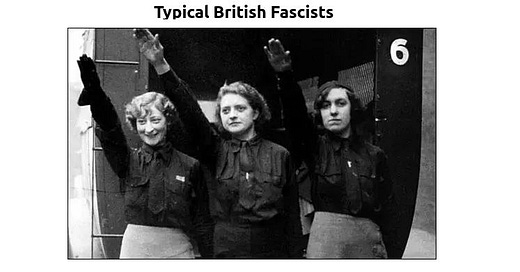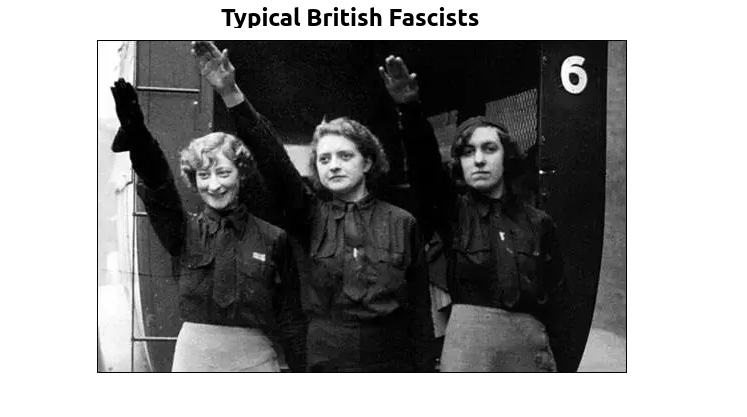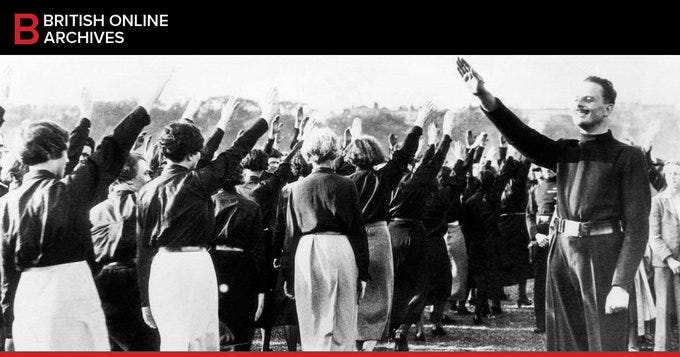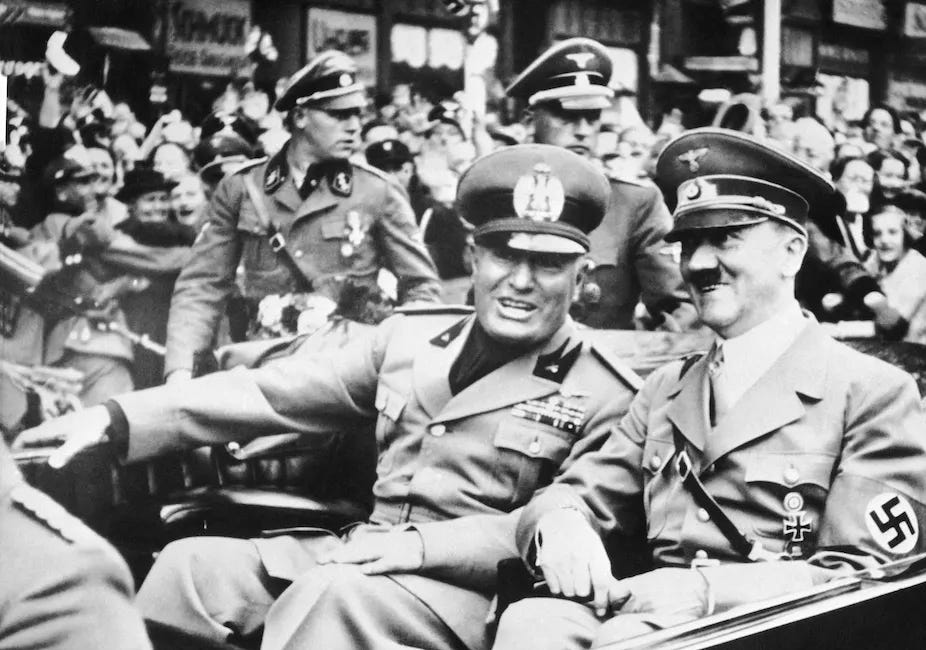Most studies agree that the middle class were crucial to the rise of Hitler. Academics and Students were important supporters. The middle classes were the bedrock of the Nazis. Middle class people were twice as likely to be fascists as you would expect from the number of middle class people in society.
Source: Who became a Nazi and Why?
It was civil servants, teachers, students, public sector employees and entrepreneurs who supported National Socialism. The workers were communist.
Left wing historians really hate the fact that people like them backed the Nazis. As a result most studies also point to the period after 1933 when there was a relative increase in working class support. After 1933 the “Enabling Act” gave Hitler dictatorial powers. No more free elections were possible and any new supporters in that period were looking for personal influence and probably not expressing a political opinion, communists were interned.
Fascism was only lightly supported in Britain but fascism is a favourite for background portrayals of 1930s society by later dramatists. In the UK the classic modern portrayal of a 1930s British Nazi is of a scowling working class thug. However, again it was the middle classes who supported the British Union of Fascists. Women were very active in the UK movement.
Mosely, an ex Labour Cabinet member, looks surprisingly non-threatening. He employed and paid thugs to do any dirty work such as fighting communists on the street.
In 1930s Germany there were students denying a platform to non-fascist speakers at their universities. Teachers were training children that they should report their parents for hate speech against the German people.
Thank goodness that National Socialism couldn’t happen again now that we are all clear about who becomes a fascist.
Workers become communists but teachers and the mid-upper classes become National Socialists. (Don’t be fooled by the word “National”, the National Socialists first proposed the European Community) and Mosely founded a party to promote the idea of a fascist EU in the 1960s.
Also see:
Are you becoming National Socialist?
Everything you learnt about the rise of Nazism is probably a lie. The truth is that Nazism was based on Mussolini’s Fascism and Reparations had little to do with it. Almost no Reparations were paid by Germany and Hitler took power after the Reparations bill had been cancelled:






